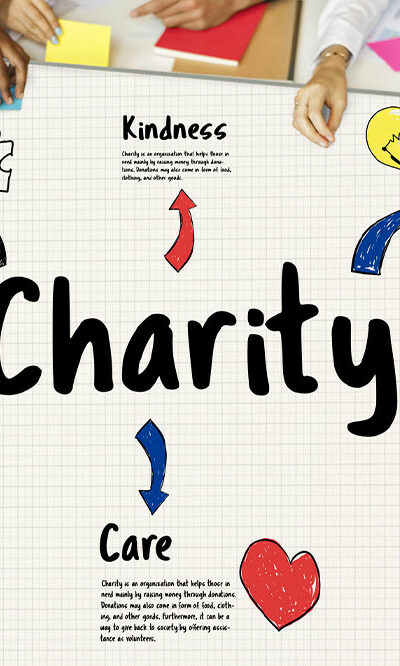
Here’s how charity can impact a community
Charitable work is overwhelming and exhausting, but it’s undeniably fulfilling at the same time. Being able to give back to a community that helps shape your life and future is a definitive way to address several issues we face in society. Building a sense of belonging through empathy will go a long way in creating healthy safety nets for people. Let’s look at how charity impacts the strength of a community. Creates a sense of fellowship Being involved in local activities and causes brings you closer to your community and creates a sense of security. These are your neighbors with whom you share a space, and wouldn’t it be nice to interact and evolve with them? Charity events are a good place to socialize with like-minded people, ensuring that some of your interests are similar and creating a solid groundwork for a cordial relationship. Utilized for specific causes Charities work toward solving specific problems in the community. These causes could be issues like justice for all genders, free education for all, and shelter for the homeless. If your community is struggling with an issue, there may be people working towards solving that problem. Helping a cause with several people is much better than just one person trying to make a difference. Societal upliftment While working with a charitable group, you will undoubtedly find the right people to connect with. Aligning your goals with theirs will help you uplift your community for the better! You all come with the same mindset and different skill sets, which can be extremely helpful. Charity in the form of donating your time and effort is also appreciated and not just money. Strengthens personal values Another way charity impacts the community is by strengthening the personal values of people who are getting involved. Empathy, compassion, and understanding are some of the most human traits that can strengthen community service and charity work.










